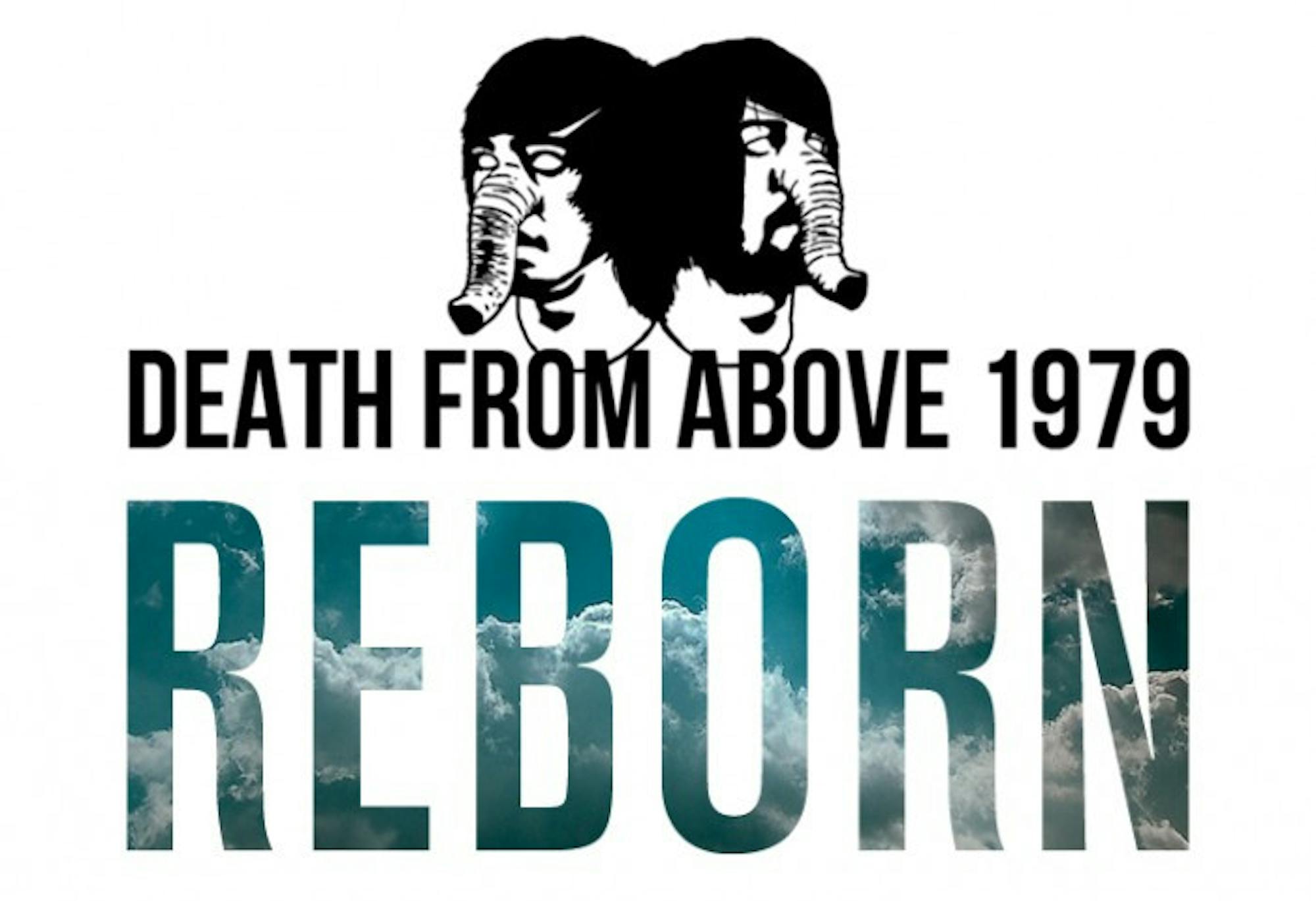
Ten years ago, the music industry was a different place: CDs were relevant, records were irrelevant and streaming services were just an optimistic thought. My personal music collection consisted of Born in the USA, Help! and whatever jingoistic album Toby Keith had just released. Needless to say, I didn’t have a clue what Death From Above 1979 was, or how they had cemented themselves as a great band with “You’re a Woman, I’m a Machine.” They broke up before I even had an iPod.
Fast forward to 2011, and Death From Above 1979 announces a few shows and plans to start recording again. Fans were shocked, taking on “You’re a Woman, I’m a Machine” seemed to be a near insurmountable task. In spite of these fears, DFA’s new album, “The Physical World,” drags you right back into the sounds of dance punk that gripped the mid-noughties and tears it up with a vengeance.
The album opener, “Cheap Talk,” kicks off right where “You’re a Woman, I’m a Machine” left off: flinging you off a cliff into a dark, intense basin filled with grungy, groovy riffs and angsty, sarcastic lyrics about lost innocence. I was thrown by just how catchy and accessible the first few tunes felt. “Cheap Talk”, “Right On, Frankenstein!”, and “Virgins” are short enough to keep listeners interested, but thick enough to have them digging for more. With the majority of the songs cutting off before the three-minute mark and the whole LP wrapping up in 35 minutes, DFA does not give listeners a moment to breathe. Overall, this album feels just as tight and well put together as the last one did, but trades abrasiveness for accessibility – by no means a bad thing – as DFA retains the intense essence that made them so special ten years ago.
This essence permeates the whole album. “Virgins” and “Nothin’ Left” capture the rebellious punk spirit that was so central to the first album. Lyrics such as, “there’s nothing sacred to me” and “there’s no love lost and none found” recreate the swaggering, care-free attitude that was found in “You’re a Woman, I’m a Machine.” Leading singles, “Trainwreck 1979” and “Government Trash,” rip into listeners and fill them with a passionate, rollicking energy. With such wonderful tracks, DFA shows that they know how to give their fans exactly what they want. This time, though, the songs are more fun, more exciting and even more danceable. Such surprising changes definitely make Death From Above 1979 more accessible to a wider audience, while their core punk spirit still satisfies the most hardcore of DFA fans.
The most surprising and, ultimately accessible song is “White is Red." If a few years ago someone had said Death From Above 1979 would write a power ballad reminiscing about fast cars, fun girls and disapproving parents, they probably would’ve been banned from whatever internet forum they tried to voice a dissenting opinion on. The lyrics scream Bruce Springsteen, the melodies model The Killers and the attitude explodes with arena rock power. “White is Red” is an unanticipated piece of awesome that shows Death From Above 1979 is multifaceted and able to transcend their dance punk roots.
Even when Death From Above 1979 doesn’t break its mold, it still offers substantial, high quality hits that blow the mainstream alternatives out of the water. In an age of Arctic Monkeys, Imagine Dragons and other bands that have slowed down to the point of flat lining, it’s refreshing to hear Death From Above 1979’s aggressive, tireless tunes again. “The Physical World” is a solid album, the kind that gets more enjoyable and more meaningful with each listen.













